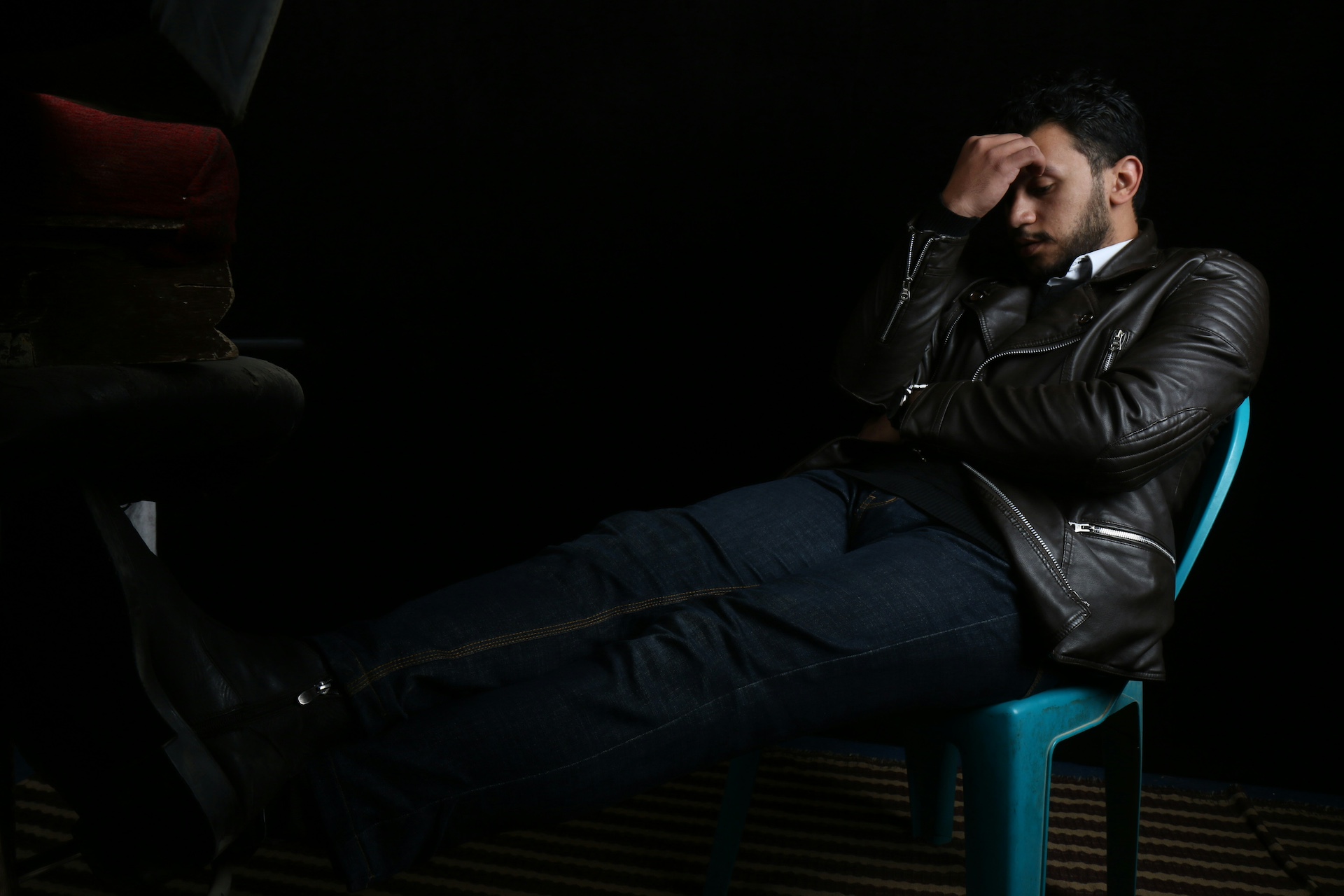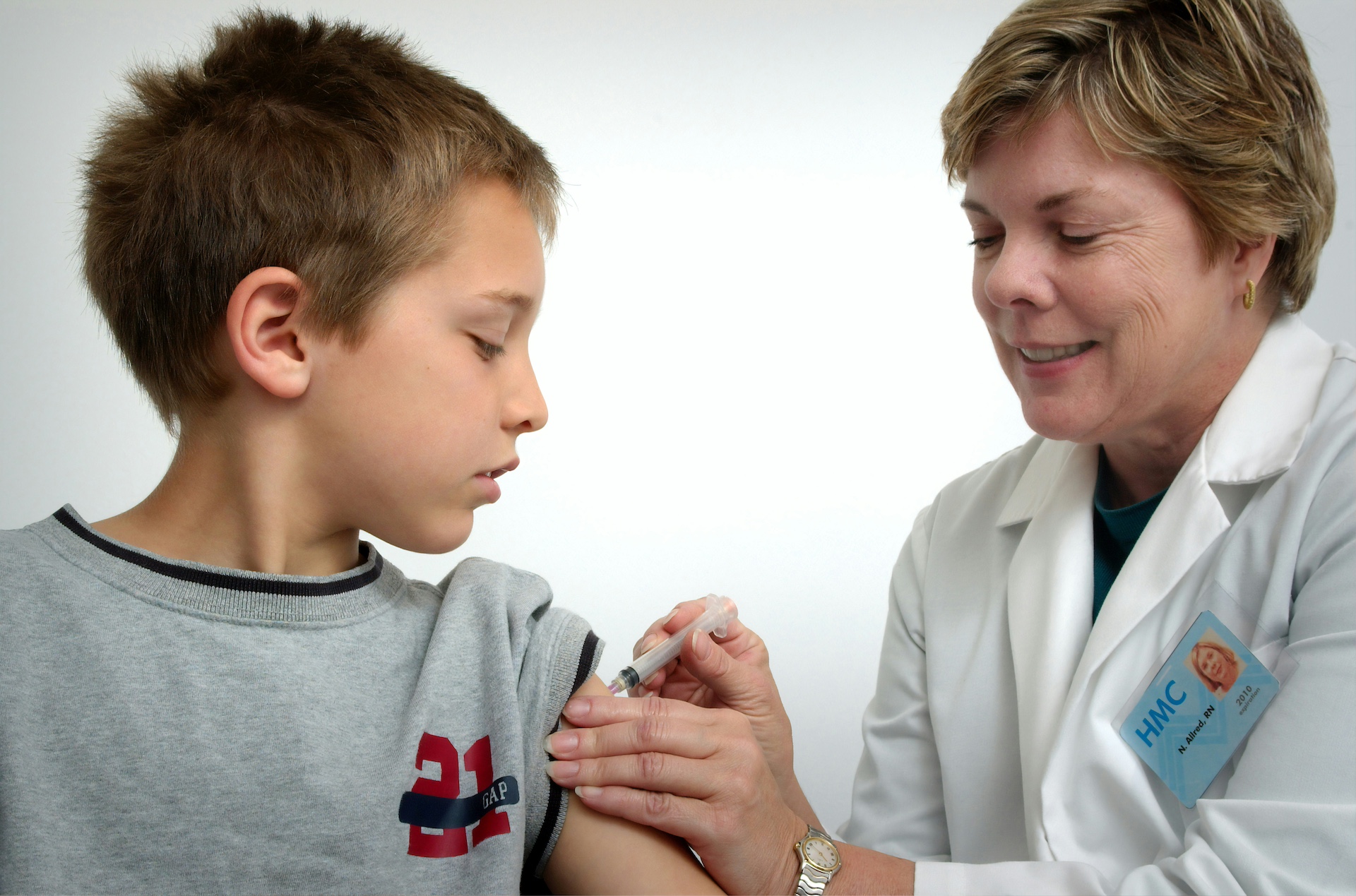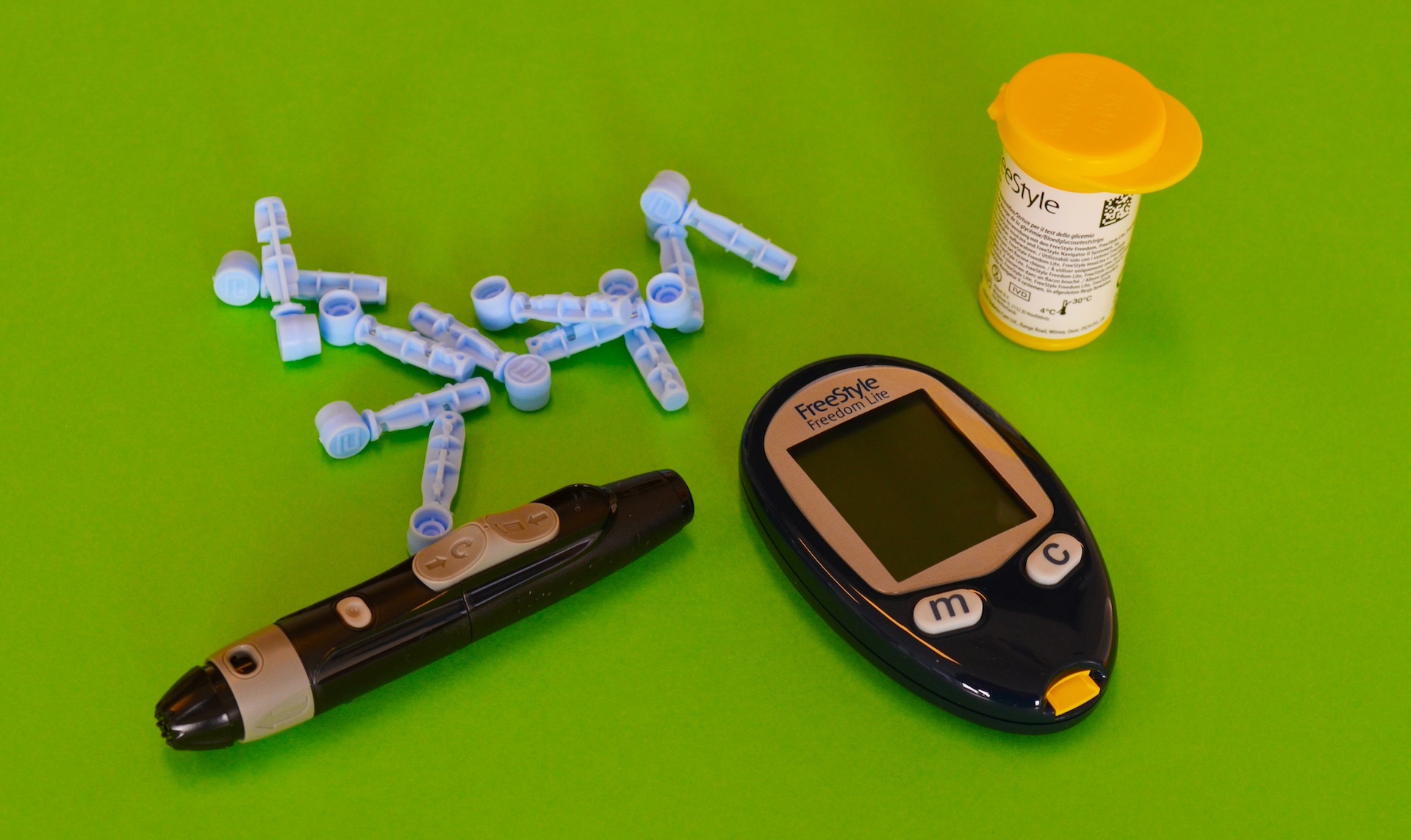How can I treat piles at home without surgery?
How can I treat piles at home without surgery?
Piles, also known as hemorrhoids, are a common yet often unspoken health concern. They occur when blood vessels around the anus become swollen or inflamed, leading to a range of uncomfortable symptoms. The good news is that piles are usually manageable, and most cases respond well to home treatment and simple lifestyle modifications. Based on my clinical experience at Chellaram Diabetes & Multispecialty Hospital Pune, I have seen countless patients regain their comfort and peace of mind with the right approach. In this article, I’ll guide you through evidence-based strategies to help you understand, treat, and prevent piles effectively.
What Are Piles and Who Is at Risk?
Hemorrhoids, or piles, are categorized into two main types:
- Internal piles develop inside the anus. They often result in painless, bright-red bleeding during bowel movements.
- External piles form just outside the anus. These tend to cause pain, swelling, itching, and irritation.
Adults between the ages of 45 and 65 are most frequently affected, but piles can occur in younger individuals as well, especially when certain risk factors are present.
What Causes Piles?
Piles develop primarily due to increased pressure on blood vessels in the anal region. Common causes and risk factors include:
- Straining during bowel movements, often linked to constipation or diarrhea
- Pregnancy, which places additional pressure on pelvic veins
- Obesity, contributing to increased abdominal pressure
- Prolonged sitting on the toilet, even for just 10 minutes or more, can worsen symptoms
A combination of these factors is usually responsible for most cases.
How to Recognize the Symptoms of Piles?
The symptoms of piles depend on both their type and severity. You might experience:
- Internal piles: Painless, bright-red rectal bleeding, especially during bowel movements
- External piles: Discomfort, itching, swelling, pain, and tenderness around the anus
If you notice heavy bleeding, intense pain, or symptoms that do not improve after a week, it’s crucial to seek prompt medical attention from a qualified healthcare professional.
How Is a Diagnosis Made?
Most piles can be diagnosed through a straightforward examination by your doctor. If you present with significant bleeding or other warning symptoms (such as dizziness or fever), additional tests like a colonoscopy may be necessary to rule out other, more serious conditions.
Effective Home Remedies
The encouraging news is that mild to moderate piles can almost always be managed at home. The following strategies are clinically proven and recommended:
1. Adjust Your Diet and Hydration
Diet plays a key role in preventing and treating piles:
- Increase your fiber intake: Adults should aim for 25–35 grams of fiber daily through fruits, vegetables, whole grains, and legumes. A high-fiber diet softens stool and reduces straining.
- Stay hydrated: Drink a minimum of 2 liters (about 8 glasses) of water each day to help prevent constipation.
- Fiber supplements: If you struggle to get enough fiber from your diet alone, consider a supplement such as psyllium husk or methylcellulose.
2. Prioritize Gentle Hygiene
Gentle hygiene helps reduce irritation and promote healing:
- After each bowel movement, cleanse with warm water or unscented wipes. Avoid harsh soaps or rough towels.
- Try a sitz bath—sitting in a shallow tub of warm water for 10–15 minutes relieves swelling and discomfort.
3. Improve Your Toilet Habits
Small changes can make a big difference:
- Limit your time on the toilet to 5–10 minutes per visit.
- Use a footstool to elevate your knees, mimicking a more natural squatting position.
- Respond promptly to the urge to have a bowel movement. Delaying can make stools harder to pass, increasing straining.
4. Use Safe, Over-the-Counter Products
Over-the-counter remedies are often effective when used correctly:
- Witch hazel pads can soothe irritation.
- Creams and suppositories containing hydrocortisone or lidocaine provide relief from pain and swelling.
- Oral medications like ibuprofen or acetaminophen help manage discomfort.
Important: Avoid using steroid creams for longer than 7–14 days without medical advice, as they can thin sensitive skin.
At Chellaram Diabetes & Multispecialty Hospital Pune, we counsel patients on the safe and appropriate use of these remedies to maximize comfort and safety.
5. Consider Gentle Natural Remedies
Aloe vera gel, coconut oil, and vitamin E are natural options some patients find soothing. While scientific evidence for these is limited, many people experience relief from mild symptoms.
6. Stay Physically Active
Regular, moderate exercise—such as brisk walking for at least 30 minutes a day—improves circulation, supports digestive health, and reduces your risk of recurrent hemorrhoids. Maintaining a healthy weight also lowers the chance of symptoms returning.
When Are Medical Procedures Necessary?
If your symptoms persist despite home care for 1–2 weeks, consult a specialist. Minimally invasive office-based procedures, such as rubber-band ligation (which cuts off blood supply to the pile) or sclerotherapy (injection to shrink the pile), can be highly effective with quick recovery times.
Preventing Recurrence
Once you’ve found relief, take steps to avoid recurrence:
- Maintain a high-fiber diet and proper hydration
- Avoid long periods of sitting, especially on the toilet
- Get regular exercise and manage your weight
- Limit heavy lifting, which can increase abdominal pressure
When to See a Doctor
Seek immediate medical attention if you experience:
- Severe or persistent pain
- Heavy or prolonged rectal bleeding
- Symptoms such as dizziness, fever, or pus discharge
It’s essential to rule out other conditions and receive the appropriate care from a trusted medical provider, such as Chellaram Diabetes & Multispecialty Hospital Pune.
Take Charge of Your Digestive Health
You don’t have to let piles disrupt your life. Most cases can be managed effectively with small changes in your routine and over-the-counter solutions. However, if your symptoms persist, worsen, or you feel uncertain about your condition, reach out for specialist care. Our experienced team at Chellaram Diabetes & Multispecialty Hospital Pune is ready to help you achieve lasting relief and optimal digestive health.
Take the first step toward comfort and confidence. Book your personalized consultation today, or contact us to learn more about safe, effective piles treatment from trusted experts. Your well-being is our priority—let us support you on your path to better health.
Related Blogs
Expertise you can trust: Meet our esteemed doctors who bring exceptional knowledge, compassion, and innovation to provide top-notch care for your health and well-being.










